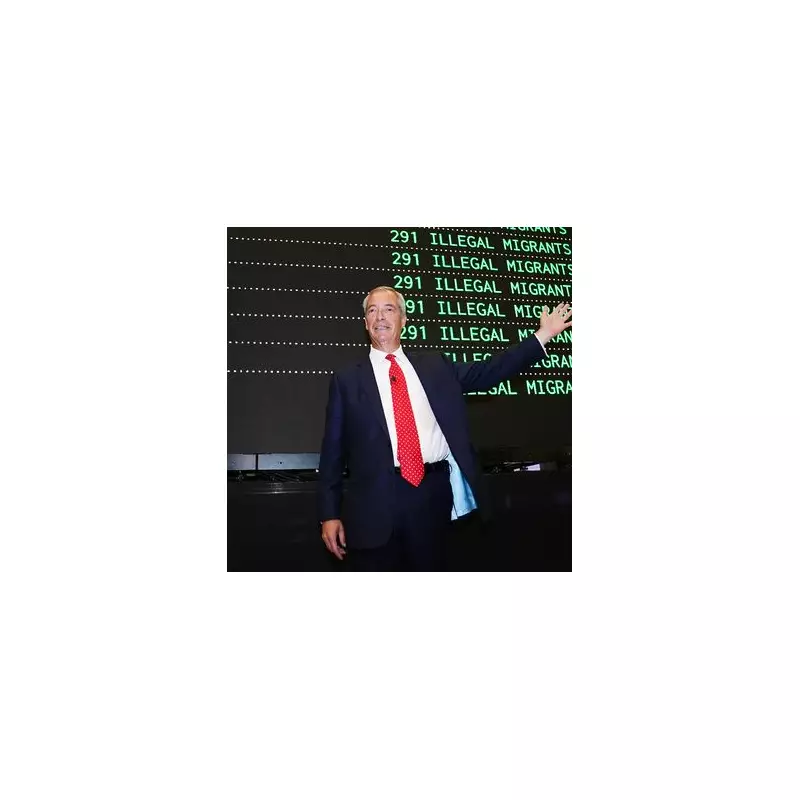
In an extraordinary and deeply personal intervention, the Archbishop of Canterbury, Justin Welby, has launched a scathing attack on Nigel Farage, accusing the Reform UK leader of peddling a brand of politics that is "profoundly damaging" to the United Kingdom.
The UK's most senior bishop did not hold back in his critique during an interview with The Mirror, suggesting that Mr. Farage's political strategy is deliberately engineered to "create division" rather than foster unity. The Archbishop's comments come at a critical juncture in the General Election campaign, where Farage's return to frontline politics has shaken the established political order.
A Threat to the Fabric of Society
Archbishop Welby expressed grave concerns that the rhetoric employed by Farage and his party risks causing long-term harm to the nation's social cohesion. He argued that this approach to politics seeks to exploit fractures in society for electoral advantage, rather than offering constructive solutions to the country's challenges.
"It's a politics that looks for division and then exploits it, rather than a politics that looks for division and then seeks to heal it," the Archbishop stated, drawing a clear distinction between what he sees as destructive and constructive political engagement.
Questioning Motivations and Values
In some of his most pointed remarks, the spiritual leader of the Church of England questioned the fundamental motivations behind Farage's political resurgence. He implied that the pursuit of power and prominence, rather than a genuine desire for public service, may be a driving force.
The Archbishop's critique extends beyond mere political disagreement, touching on the core values of public life. He emphasised a vision for Britain rooted in "generosity, service, and sacrifice" – values he believes are antithetical to the style of politics championed by Farage.
This high-profile condemnation from such a prominent moral and religious figure adds a significant new dimension to the election campaign, challenging voters to consider the ethical implications of their political choices.





